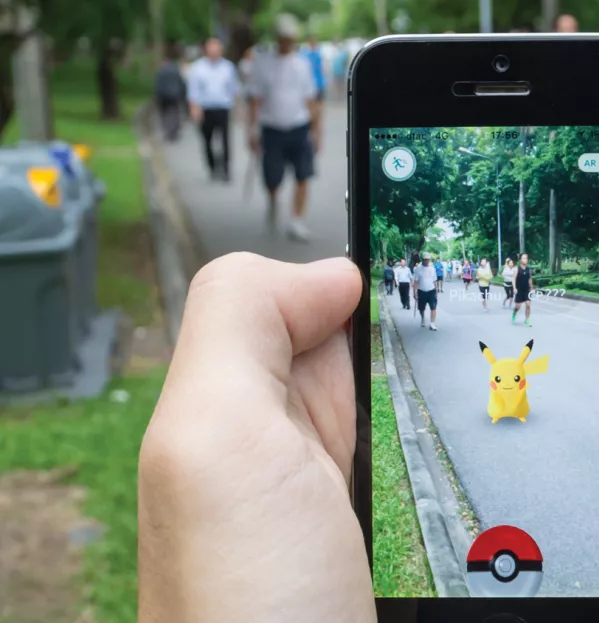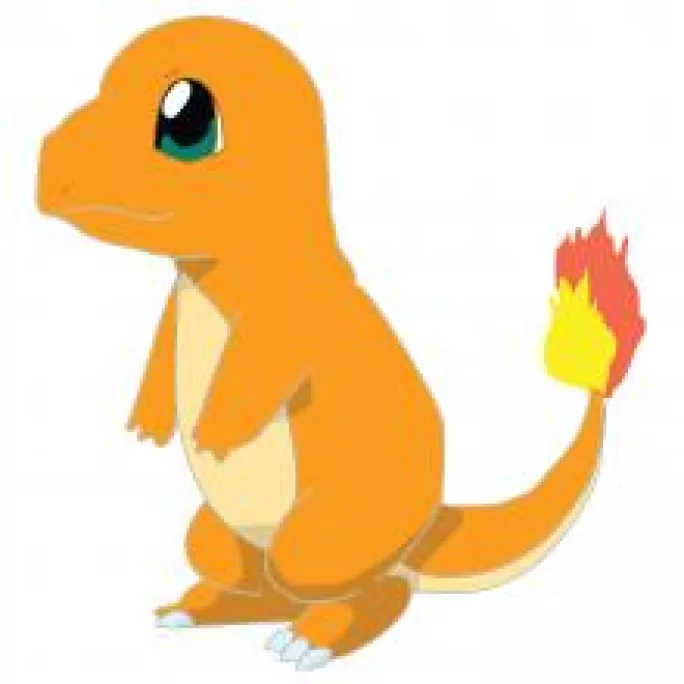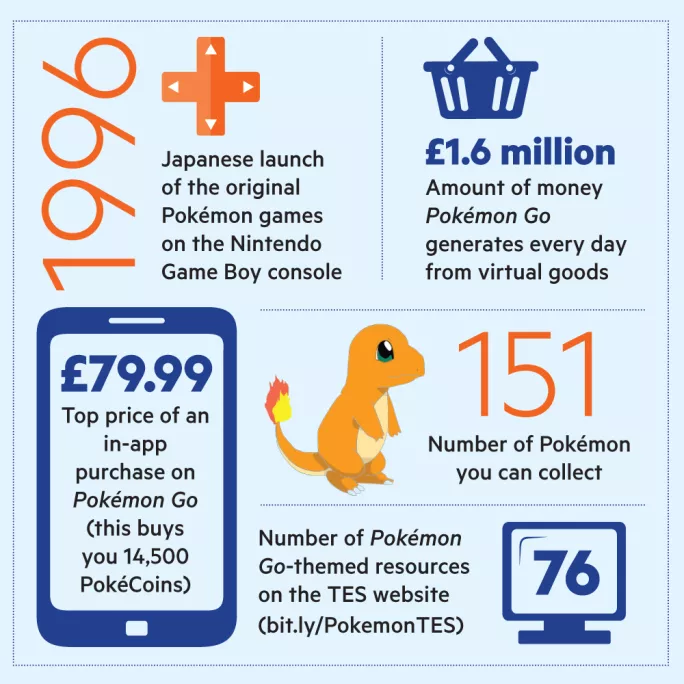Should you stay or should you Pokémon Go this term?

They can look like rats, snakes, dragons, dinosaurs and even swords, and since schools broke up for the summer holidays, people of all ages have become obsessed with “trying to catch

But can the
Despite stories about grown men injuring themselves as they go in frantic search of a Charizard, one education technology expert is inclined to think that the game has potential in the classroom.
Glasgow-based William Jenkins (who blogs here) has helped to produce a report published this week spelling out the potential benefits and pitfalls of the game as an educational tool.
 From ‘I love this’ to ‘ban it’
From ‘I love this’ to ‘ban it’

The document - Pokémon Go: back to school advice - looks at the discussions to date in the education world about the game’s virtues and flaws. “There’s everything from ‘I love this’ to ‘ban it’,” Jenkins says.
One educator told researchers: “I think it’s problematic. The use of smartphones in schools is an issue.”
But another took the opposite view: “I can think of a dozen ways to use Pokémon Go in a classroom right this moment, and if you think I will not use every possible vehicle at my disposal to help any individual child learn, you are out of your mind.”
However, Jenkins is quick to point out that it is generally only universities that have experience of students playing the game, since most schools have bee

The report says: “For all the articles that have been written about whether Pokémon Go has a place in education and/or what it can or can’t achieve for teaching and learning…at the time of writing, many of these ideas were largely untested.”
The university experience of Pokémon Go has been “overwhelmingly positive”, according to the report, which has a section outlining the various uses it has been put to in higher education. Most of these centre around encouraging students to explore the campus or engage with their fellow students and staff.
Schools could tap into this, the report suggests, by using the game to get older secondary pupils exploring university campuses and engaging with HE students. Conversations that start off being about Pokémon Go could end up being about what courses on offer, it says.
‘I can think of a dozen ways to use Pokemon Go right this moment’

Pokémon Go has been praised for making people more active in the real world. And because PokéStops, where players can pick up goodies, are usually notable locations like libraries, museums and historic landmarks, the game is being credited with “getting a generation of nerds into the world to discover it, and its stories, anew”.
However, Pokémon Go is not without its detractors. The NSPCC criticised the launch of the game in the UK, saying that it compromised child safety. In advice on their website for parents, the charity acknowledges that there are “loads of good things about the game” but also cautions that it is designed to bring people

Turning a PokéProfit
The guide by Jenkins and Marialice Curran, a US teacher turned education technology expert, does acknowledge this financial aspect. Pokémon Go is a commercial activity, it says, with characters strategically placed outside businesses and with in-app purchases available for up to £79.99.
For example, teacher-enthusiasts could ask their pupils to write a description about local PokéStops for homework.

Professor Scott Garrigan, an expert in teaching and technology at Lehigh University College of Education in the US, urges teachers to create their own augmented reality games to capture the “ideas and excitement” of Pokémon Go in school.

You need a Tes subscription to read this article
Subscribe now to read this article and get other subscriber-only content:
- Unlimited access to all Tes magazine content
- Exclusive subscriber-only stories
- Award-winning email newsletters
Already a subscriber? Log in
You need a subscription to read this article
Subscribe now to read this article and get other subscriber-only content, including:
- Unlimited access to all Tes magazine content
- Exclusive subscriber-only stories
- Award-winning email newsletters